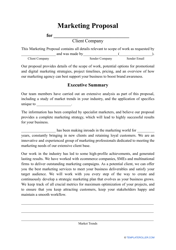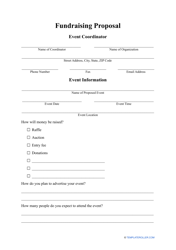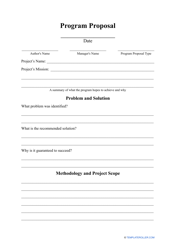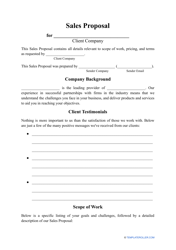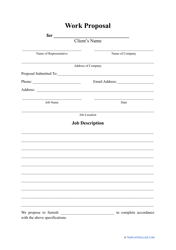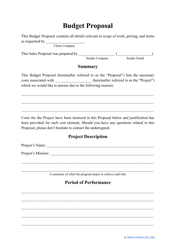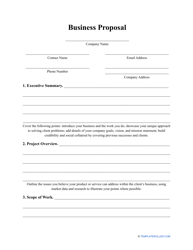What Should a Proposal Include: How to Write an Effective Business Proposal?

A Business Proposal always has one common purpose, no matter what the offered proposal is, the purpose is always to persuade the individual receiving the proposal to agree to it. Often it highlights a problem that a potential client could be experiencing which obviously would require a high level of research before sending the proposal. Of course, where there is a problem – there is always a solution and the main function of the proposal is to in detail outline how your business would eradicate the problem and what potential benefits this could have for your client.
Sometimes the proposal may be sent out in response to a request from a client. In this instance drafting up the proposal should be slightly easier as the problems a client is experiencing are listed by the client themselves. Each structural component of the document ought to be carefully considered in order to make it maximally effective.
How to Write an Effective Proposal?
There are several things you need to consider when writing a Business Proposal to ensure that it is as effective as possible. The end goal is to secure another client. Therefore you should take your time when planning and drafting the proposal, taking into account the intended audience, their values, problems, and the proposal format itself.
The proposal needs to reflect why your business is the ideal candidate to form a working relationship with the client. For this, it would also be a good idea to evaluate your competitors before writing a proposal. If you are struggling to find relevant information regarding your client and their specific needs, you can always get in touch with them to request more information. The more timely you are, the more positive this will reflect on your chances of securing a contract with them.
How to Structure a Proposal?
A simple Business Proposal should follow the structure below:
- An appropriate title page that will include information regarding your company, your customer and of course the title of the proposal. This is the first page that a customer will look at so ensure that it looks professional and appealing.
- Include a short introductory letter. This letter should introduce your business and explain what makes your business unique.
- Contents table. This will ensure that the customer is aware of where to find specific pieces of information in regards to the proposal, without having to flick through and read everything time and time again.
- An executive summary. This should summarize the proposal as a whole, explaining what the customer could expect from the proposal.
- Problem and solution. State the problem(s) found and in detail, explain how you will resolve these problems. This should contain as much detail as possible.
- Service or product pricing. This section should contain a clear, concise and easily understandable section regarding the prices for each product or services that you offer for the customer.
- Close off with brief information regarding your company and why it is the best suited to complete the tasks. You should boast about your previous experiences and include any official reviews from previous happy customers.
How to Start a Proposal?
You should start the proposal with some in-depth research about your client. Ensure that you can answer the following questions:
- Who are they?
- What are their values?
- What is important to this client?
Knowing the answers to these questions should provide you with information that will allow you to pick an appropriate tone and register when drafting the proposal.
What Should Be Included in a Proposal?
To create a successful proposal and increase your chances of securing a contract, ensure that you include the following:
-
A short general summary regarding the proposal. Here you can briefly describe the proposal outline including the problem, proposed solution, advantages and associated costs.
-
The problem. In this section, you should explore the problem in more detail and show the client that you have carried out the necessary research and are an expert in this field.
-
Problem resolution. In detail, explain how you will resolve the problem, why it is important to do so. You must also be upfront about any barriers that you could face in the process as well as an explanation of how you plan on tackling them.
-
Then you must add a section that should show the client that you are the most qualified and experienced for this job.
-
Summarize the proposal, including the financial aspect. Reiterate once more the importance of resolving the problem and what benefits this would bring.
How to Conclude a Proposal?
A proposal should be concluded on a bright and happy note, setting up a tone for potential future communications. Ensure that you always give the customer contact information and the opportunity to get in touch if they have any questions. You want to show the customer that they can easily get in touch and that you would be glad to assist them.
If your proposal states concrete prices that will not fluctuate and there is no opportunity to change the price, you may want to consider adding an agreement to the end of the proposal with the option to sign it straight away.
Related Topics:
